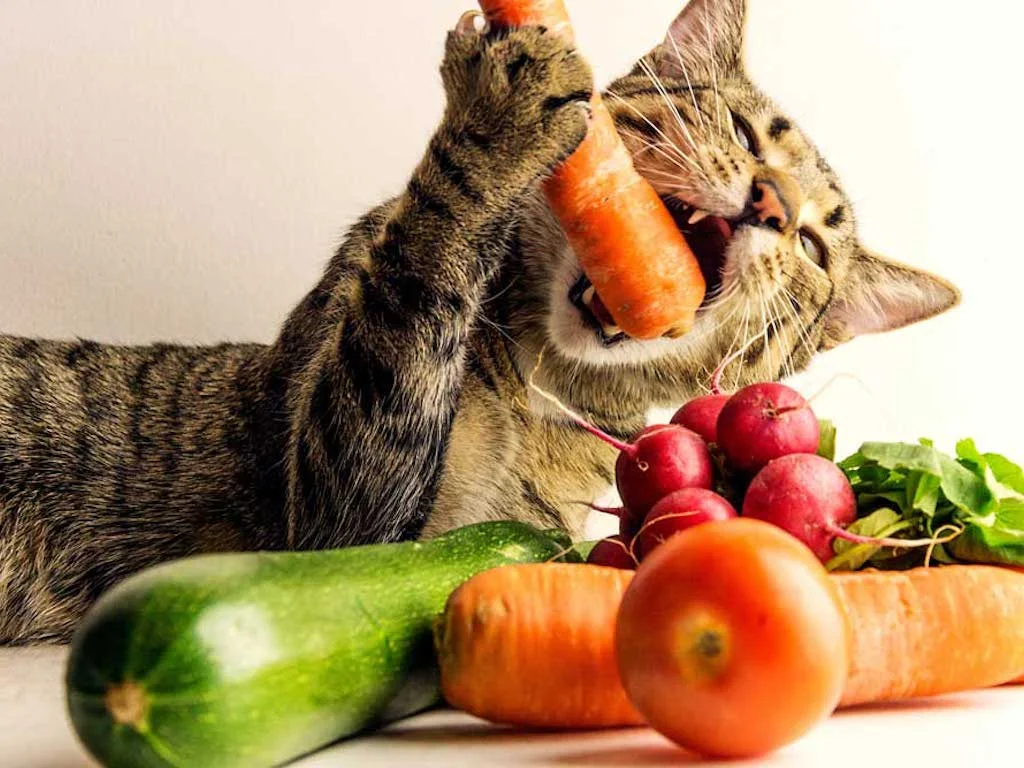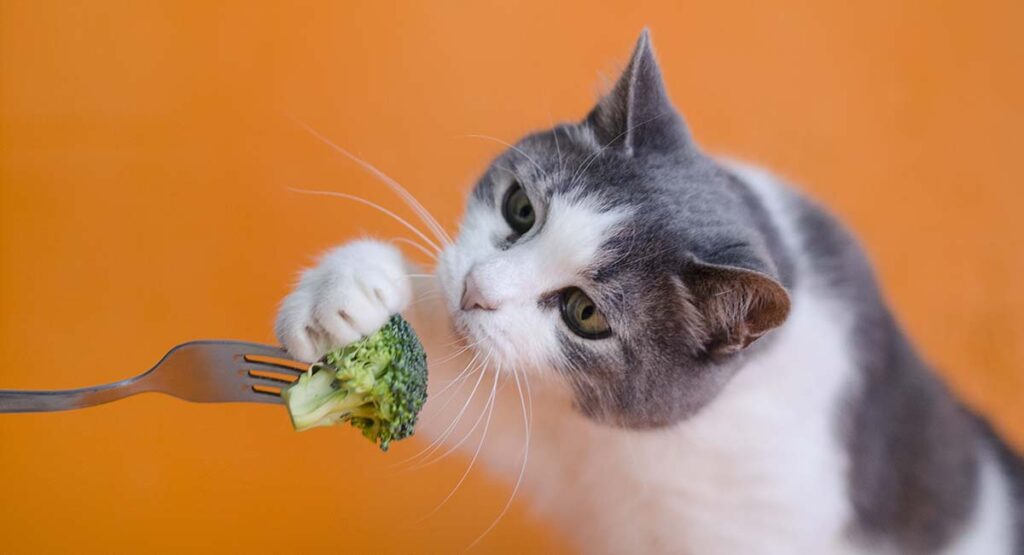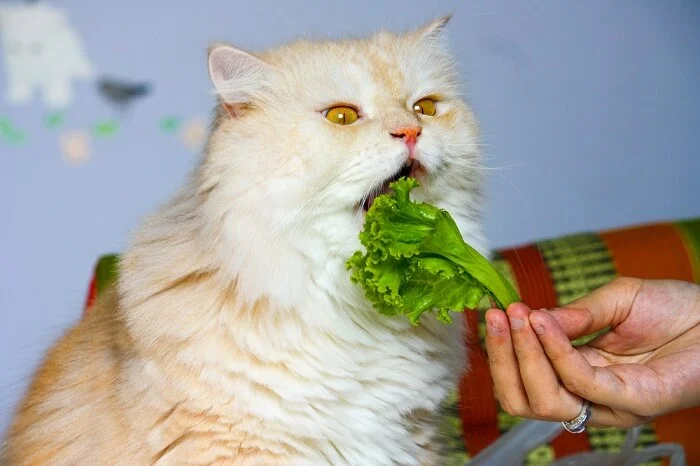A recent study has ignited a heated debate among pet owners by examining the impact of vegan diets on cats’ health. Published in the open-access journal PLOS ONE, this study surveyed over 1,300 cat owners, the majority of whom had reduced their own meat consumption. Surprisingly, 9% of these owners chose to feed their feline companions a vegan diet, even while adhering to their own dietary preferences.
The study’s initial findings turned some heads, as cats on vegan diets appeared to exhibit certain health benefits. These benefits included fewer veterinary visits, reduced medication usage, and a perceived improvement in overall health. However, here’s the catch: these differences weren’t statistically significant, meaning they could simply be coincidental.

Delving deeper into the data, researchers found that certain diseases were more common in cats fed meat-based diets, while others were slightly more frequent in those on vegan diets. However, none of these differences reached statistical significance, except for a slightly higher incidence of kidney disease among the vegan-fed cats.
One glaring limitation of this study is the inability to determine precisely what these cats were consuming. Some may have indulged in meaty treats or supplements, potentially impacting their health outcomes. Furthermore, the study did not specify the duration of time these cats remained on their respective diets, as deficiency diseases can take time to manifest.
Experts caution that relying solely on owner-reported health assessments can introduce subjectivity and bias into the data. They stress that a cat’s good health encompasses more than just fewer trips to the vet or reduced medication usage.

So, should you consider switching your feline friend to a vegan diet based on this study? Not so fast.
This research, funded by ProVeg International, a pro-plant-based organization, leaves us with more questions than answers. While it adds to a growing body of research suggesting that vegan diets may not be as harmful to cats as previously believed, it underscores the need for more comprehensive studies. These should include clinical trials and direct health measurements to provide a clearer picture.
If you’re contemplating a vegan diet for your cat, consult with a veterinarian who can offer guidance on proper nutrient supplementation. Until more research is conducted, it’s prudent to approach the idea with caution to ensure your beloved pet’s well-being remains your top priority.




